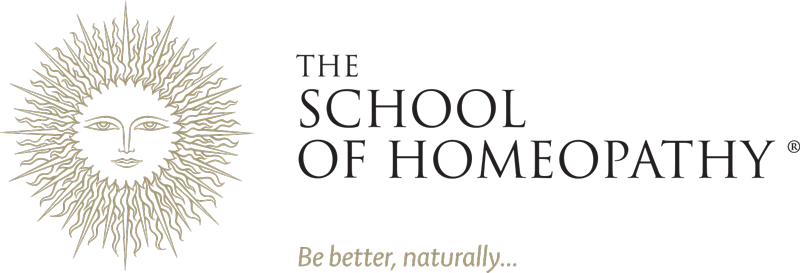Surgery refers to a medical procedure that involves making incisions or manipulations on the body to diagnose, treat or prevent various conditions. It is typically performed by trained surgeons and can range from minor procedures to major operations. Homeopathic remedies can be used before and after surgery to support the body’s healing process, promote recovery and alleviate discomfort. However, it is important to consult a qualified healthcare professional for guidance and to follow their instructions regarding surgical procedures.
Homeopathy is a holistic system of medicine that works on the principle of “like cures like.” It uses highly diluted substances to stimulate the body’s own healing mechanisms. Homeopathic remedies can be effective in addressing anxiety by addressing the underlying causes and promoting overall wellbeing.
Here are seven commonly used homeopathic remedies for surgery:
1. Arnica Montana (Arn.)
This is a well-known remedy for trauma and bruising, making it useful before and after surgery to reduce swelling, inflammation and pain. It can help with post-operative soreness and promote healing. Read more…
2. Calendula officinalis (Calend.)
This is known for its wound-healing properties. It can be used topically as a diluted tincture or cream to promote the healing of surgical incisions and prevent infection. Read more…
3. Staphysagria (Staph.)
This remedy is often recommended for incision-related pain and soreness after surgery. It may help with the healing of surgical wounds, especially if there is excessive sensitivity or irritation. Read more…
4. Hypericum perforatum (Hyper.)
This is useful when nerve damage or injury is involved, such as after dental surgery or surgeries near nerves. It can help relieve nerve-related pain and aid in the healing process. Read more…
5. Phosphorus (Phos.)
A remedy often indicated for individuals who are weak or prone to bleeding during or after surgery. It can help with recovery and support the body’s natural healing abilities. Read more…
6. Silicea (Sil.)
A remedy known for its ability to promote the expulsion of foreign objects or pus from the body. It can be useful in cases where there is a risk of infection or when there are lingering symptoms after surgery. Read more…
7. Symphytum officinale (Symph.)
Also known as comfrey, this is commonly used to promote bone healing. It can be beneficial in cases of fractures or orthopaedic surgeries to aid in the recovery of bones and connective tissues. Read more…
In addition to homeopathic remedies, there are several natural ways to support the healing process after surgery:
1. Follow postoperative instructions: Strictly adhere to the postoperative guidelines provided by your healthcare professional, including proper wound care, medication management and activity restrictions.
2. Eat a nutritious diet: Focus on consuming a balanced diet rich in vitamins, minerals and protein to provide the necessary nutrients for healing and tissue repair.
3. Stay hydrated: Drink plenty of water to stay hydrated, which is important for wound healing and overall health.
4. Rest and sleep: Allow your body ample time to rest and recover. Ensure you get sufficient sleep, as it is crucial for healing and overall wellbeing.
5. Gentle movement and exercise: Engage in gentle movements or exercises as recommended by your healthcare professional. This can help improve circulation, prevent blood clots and promote overall recovery.
6. Manage pain and stress: Practice stress-reducing techniques such as deep breathing, meditation or gentle yoga to support healing and reduce discomfort.
7. Seek emotional support: Going through surgery can be emotionally challenging. Seek support from loved ones, join a support group or consider talking to a counsellor or therapist to help manage any emotional stress or anxiety.
It is important to note that homeopathic remedies should be used under the guidance of a qualified homeopathic practitioner. Always consult your healthcare professional before starting any new treatment or supplement regimen, especially when it comes to surgical procedures.


